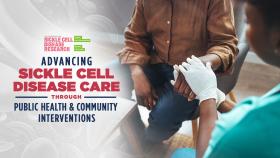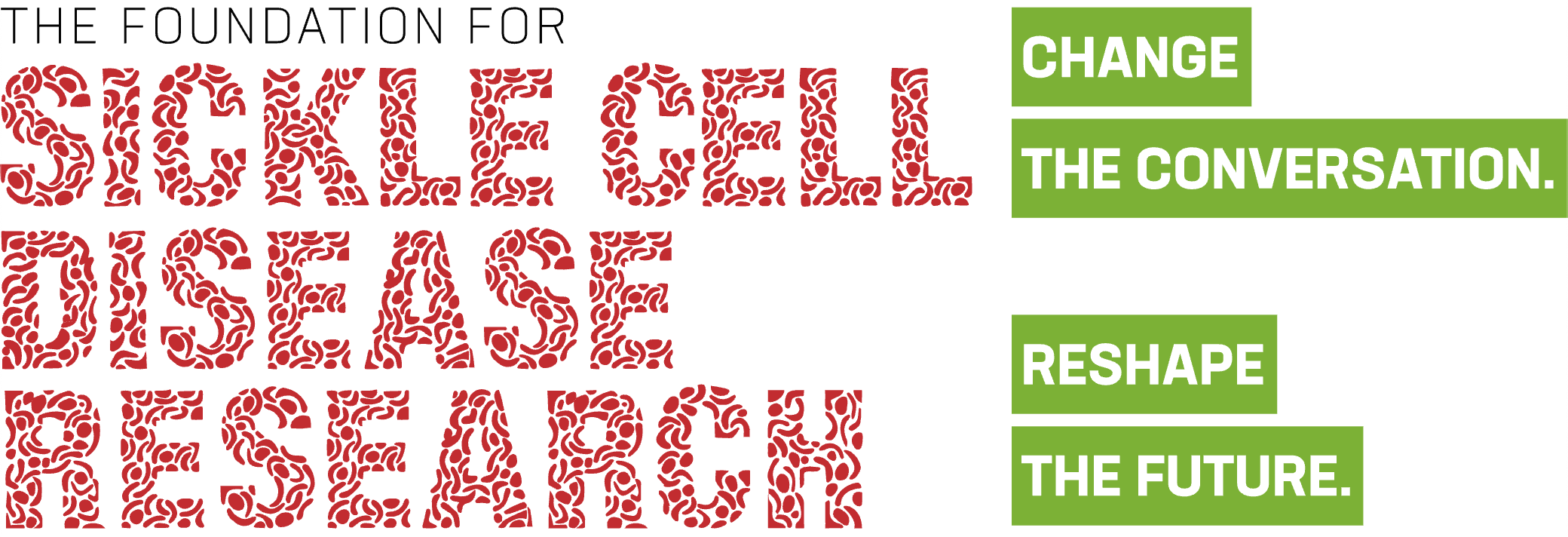
Advancing Sickle Cell Disease Care Through Public Health and Community Interventions
Sickle cell disease (SCD) is a collection of inherited blood disorders that affect a substantial number of people in the U.S. Individuals with SCD are at higher risk of morbidity and mortality from infections, vaso-occlusive pain crises, acute chest syndrome, and other complications. Addressing SCD is a crucial step in addressing public health needs, improving overall outcomes, and maintaining health for the affected individuals. Newborn screening for SCD is advocated by researchers, academicians, and medical practitioners. Public health campaigns and patient education are important for improving outcomes in SCD by raising awareness, promoting early diagnosis, and empowering individuals and families to manage the condition effectively. This course aims to assess newborn screening for SCD and study the need and importance of public health campaigns and patient education related to SCD. It also assesses the expanded and optimal role of patient advocacy and community engagement groups.
Learning Objectives
- To understand the importance and guidelines for newborn screening for SCD.
- To recognize the challenges and strategies for overcoming the challenges of newborn screening for SCD.
- To learn the role of advocacy and increasing awareness in enhancing newborn screening.
- To recognize the role of collaborative efforts between healthcare and community partners to support sickle cell initiatives.
Available Credit
- 1.00 Participation

 Facebook
Facebook X
X LinkedIn
LinkedIn Forward
Forward